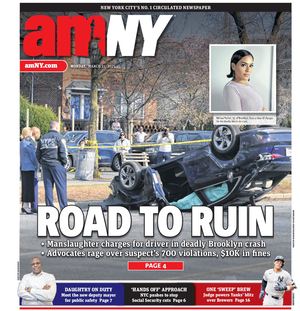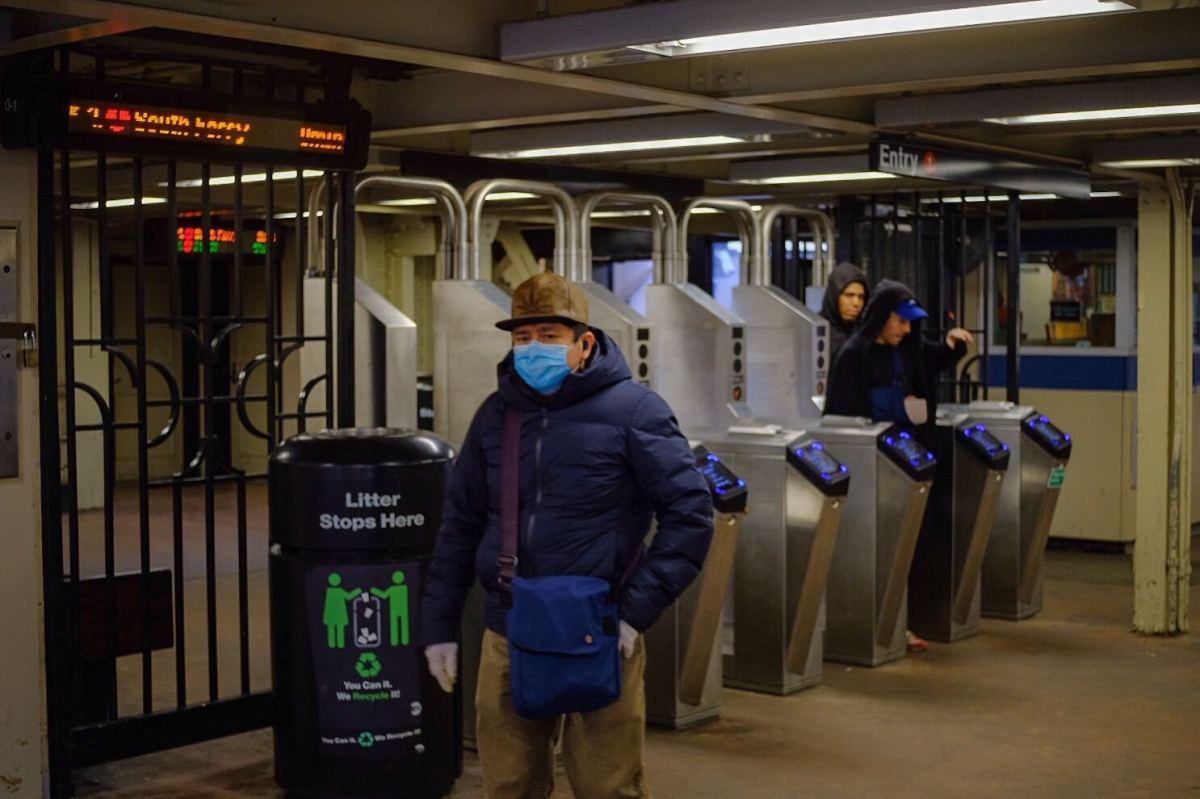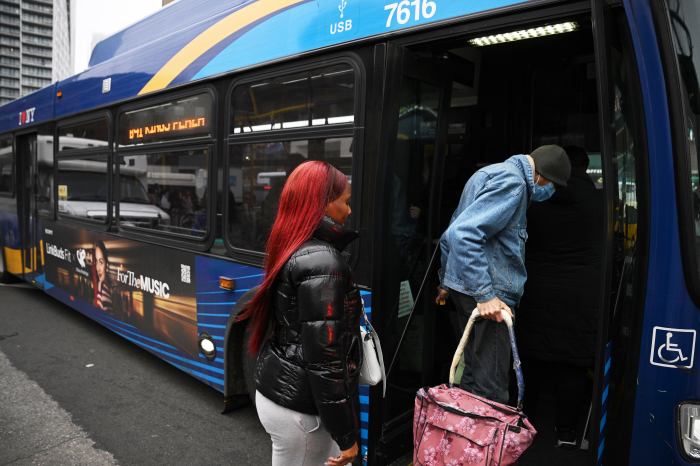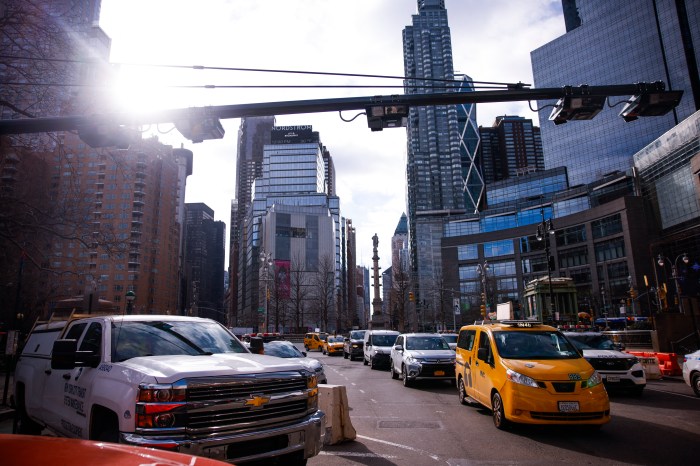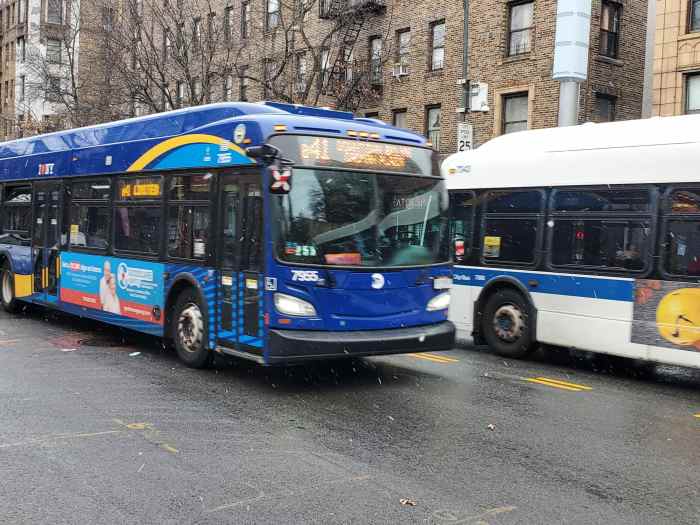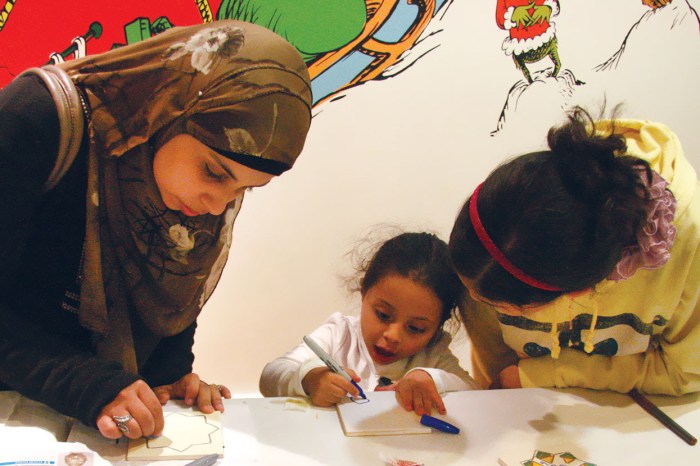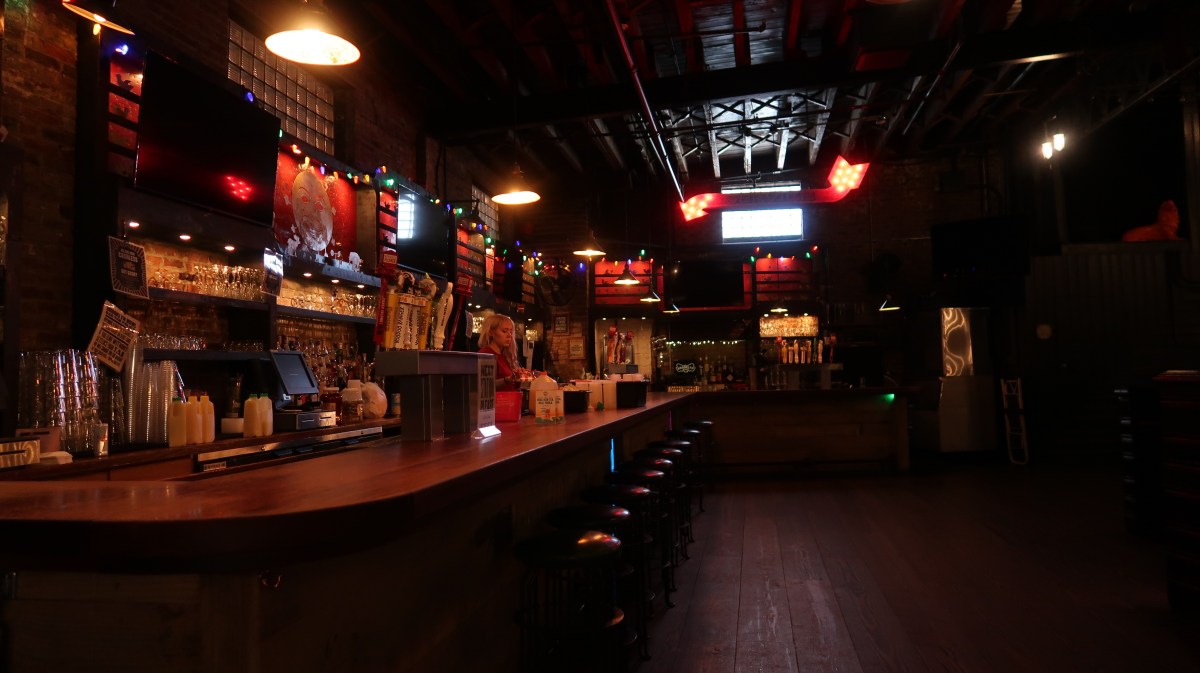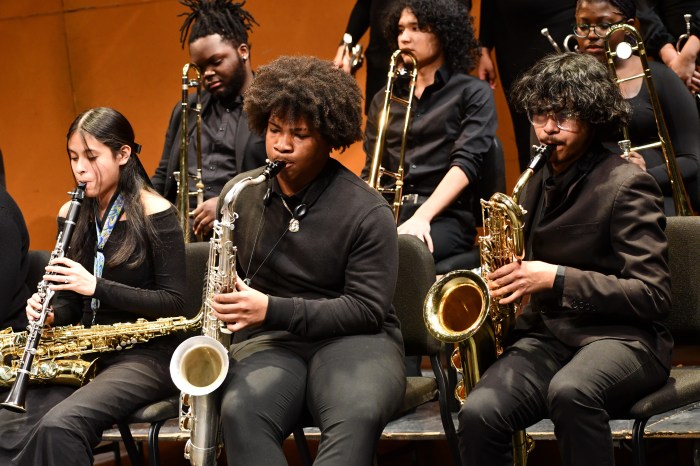If New Yorkers remember the Genius Challenge from 2017, as the “summer of hell” loomed, 2020 looks worse but not different for the MTA as the financial crisis from COVID-19 pushes the agency once again into the arms of the private sector.
On Wednesday, the Metropolitan Transportation Authority put out the call to the tech industry for help keeping the trains and buses of New York City Transit virus free in order to redeem a decimated ridership, currently just over a quarter of what it was pre-pandemic.
But unlike the Genius Challenge – which handed out $2.5 million – there will be no financial incentive for companies submitting to the Transit Innovation Partnership which will be evaluated by transit leaders as well as academic and private sector experts. In return for their submission, companies will get to test drive their technology on transit systems, possibly leading to contracts with transit agencies involved.
“The pandemic hit us in New York like no other place in the country. MTA took unprecedented steps the past four months, opening itself up to innovative ways to reduce the risk to our riders and our workers,” MTA Chief Innovation Officer Mark Dowd said. “We are excited to partner with the Transit Innovation Partnership in our quest to find new technologies and approaches that safely remove contaminated aerosols from our public transit system.”
And the concepts the Transit Innovation Partnership is looking for may seem alien to the New York City’s aged transit system.
They are looking for tech that will automatically gauge the temperatures of riders as well as electrostatic sprayers, new-design air filtration systems and light-based sanitation systems. Also mentioned were robots that do the disinfecting wipe downs and ways to measure and mitigate crowding.
“To truly modernize every element of how we run our transit system, you have to look far and wide for new ideas,” interim New York City Transit President Sarah Feinberg said. “That means tapping into the city’s robust entrepreneurial and technology scenes and thinking in new ways about how a vital institution like New York City Transit can embrace innovation in everything it does.”
New Jersey Transit and Port Authority will also be participating in the COVID-19 challenge with the Transit Innovation Partnership.
The MTA currently faces a $10 billion deficit from the ridership loss over the course of the pandemic and is quickly running low on the $3.8 billion provided in the CARES Act from the federal government. At the MTA June board meeting, officials said they would be left with no choice but to put the $51 billion five-year capital plan, which would bring serious modernization to the transit system, on hold indefinitely.
In March 2018, the MTA announced 8 winners and two honorable mentions of the Genius Challenge – which also involved the Transit Innovation Partnership – who brought proposals to improve subway signals, capacity, and communications. Some companies offered to invest heavily in their proposals such as CRRC, a train car manufacturer, proposed an investment of $50 million to produce new rolling stock for New York City Transit that incorporated lighter materials, modular design, and digital signaling technology.
